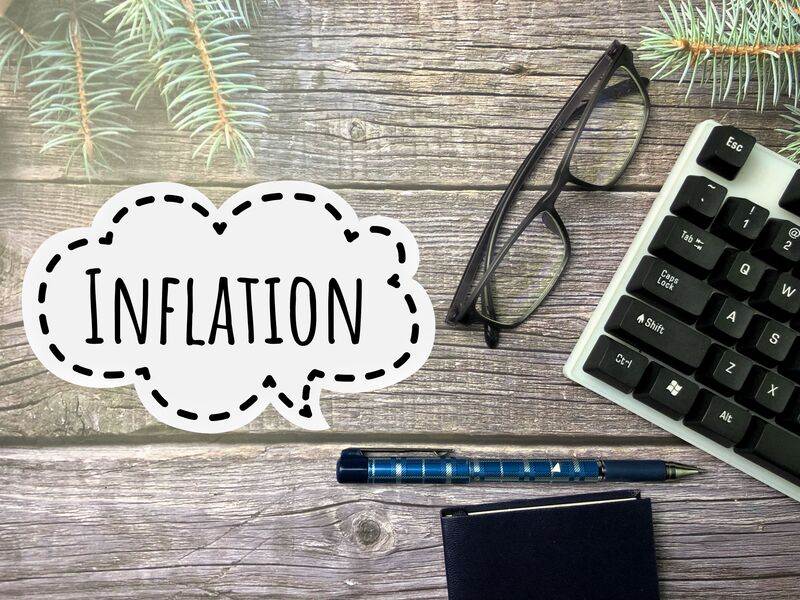In a report prepared for the Bank in 2023, economist Naveen Rai and analyst Patrick Sabourin say that “an increase in the share of people who expect high inflation in the short term has coincided with higher perceived current inflation.”
In short, higher inflation increases the number of people who expect inflation to continue in the future.
Also, their report found that most consumers “associate higher expected inflation with worse economic conditions.”
Furthermore, Google search interest in the term “Stagflation” — meaning rising inflation coupled with higher unemployment — hit a peak in Canada toward the end of 2022.
Canada has not seen stagflation thus far, with unemployment sitting at 5.5 per cent for the third month in a row in September.




